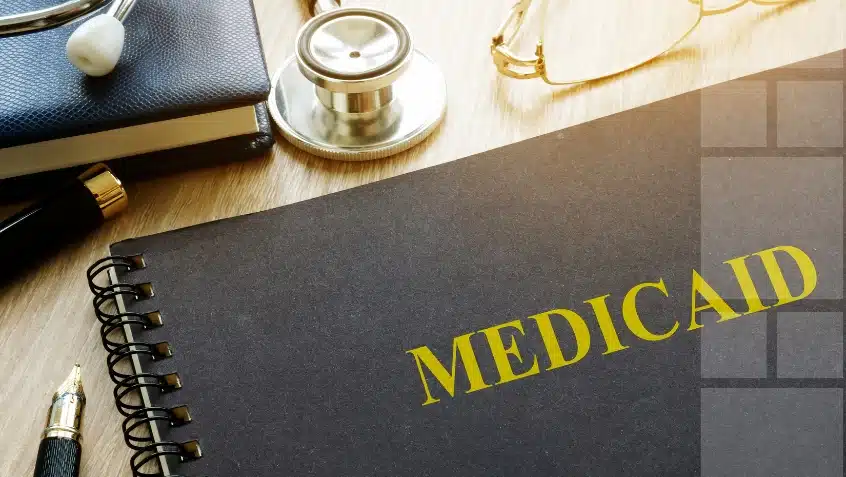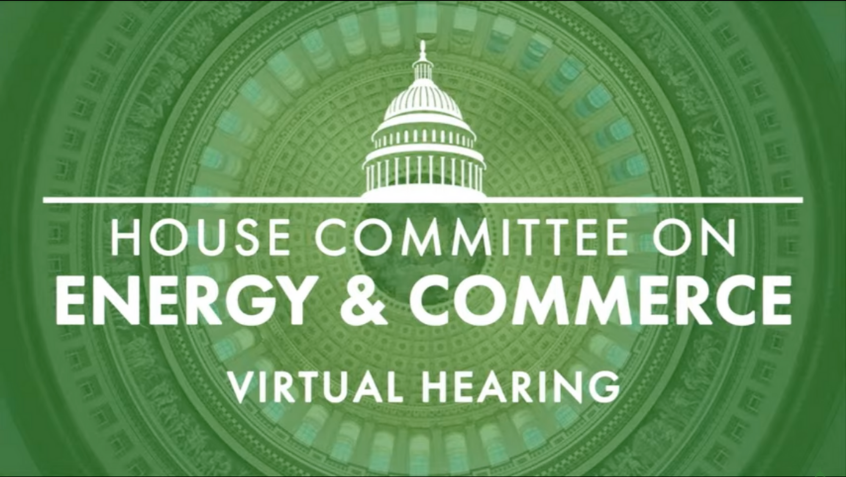
Medicare Rights Endorses Elijah E. Cummings Lower Drug Costs Now Act
On May 4, the U.S. House Committee on Energy and Commerce, Subcommittee on Health held a hearing on drug pricing legislation, including
Join Us Live for a Discussion on Medicare, Democracy, and the Future of Health Care



On May 4, the U.S. House Committee on Energy and Commerce, Subcommittee on Health held a hearing on drug pricing legislation, including

A new research article published in Health Affairs examines the supplemental coverage “cliff” that some people with Medicare may experience. These beneficiaries

Though major legislative and regulatory solutions have stalled in recent years, policymakers are once again turning their attention to the

Several departments within the U.S. Department of Health and Human Services (HHS)— the Office for Civil Rights (OCR), the Administration

The Centers for Medicare & Medicaid (CMS) recently released new data on the impact of COVID-19 on people with Medicare,

A new issue brief from the U.S. Department of Health and Human Services (HHS) Office of the Assistant Secretary for

The recent COVID-19 relief bill, the American Rescue Plan (ARP), makes important changes to help older adults, people with disabilities,

This week, Medicare Rights Center President Fred Riccardi testified at a hearing of the House Committee on Energy & Commerce,

This week, Medicare Rights joined over 20 nonprofit and advocacy organizations in the launch of a new coalition, Stop the

In December, key provisions of the Beneficiary Enrollment Notification and Eligibility Simplification (BENES) Act were signed into law as part of

On May 4, the U.S. House Committee on Energy and Commerce, Subcommittee on Health held a hearing on drug pricing legislation, including

A new research article published in Health Affairs examines the supplemental coverage “cliff” that some people with Medicare may experience. These beneficiaries

Though major legislative and regulatory solutions have stalled in recent years, policymakers are once again turning their attention to the

Several departments within the U.S. Department of Health and Human Services (HHS)— the Office for Civil Rights (OCR), the Administration

The Centers for Medicare & Medicaid (CMS) recently released new data on the impact of COVID-19 on people with Medicare,

A new issue brief from the U.S. Department of Health and Human Services (HHS) Office of the Assistant Secretary for

The recent COVID-19 relief bill, the American Rescue Plan (ARP), makes important changes to help older adults, people with disabilities,

This week, Medicare Rights Center President Fred Riccardi testified at a hearing of the House Committee on Energy & Commerce,

This week, Medicare Rights joined over 20 nonprofit and advocacy organizations in the launch of a new coalition, Stop the

In December, key provisions of the Beneficiary Enrollment Notification and Eligibility Simplification (BENES) Act were signed into law as part of